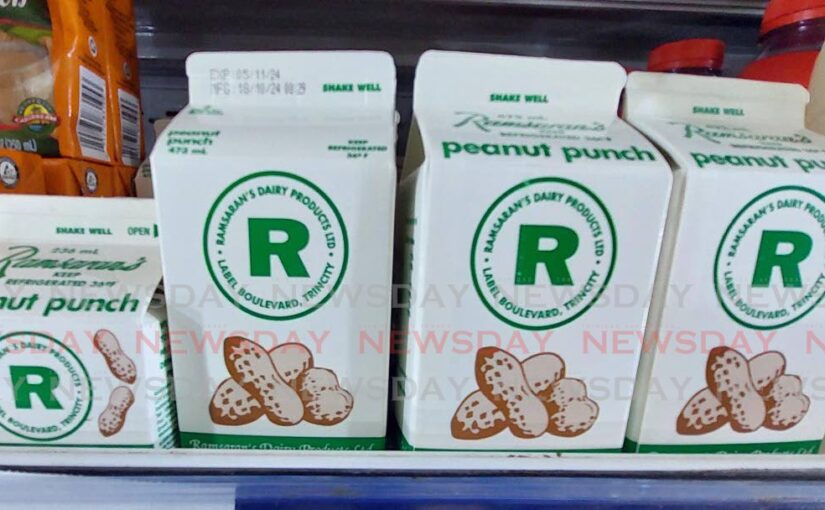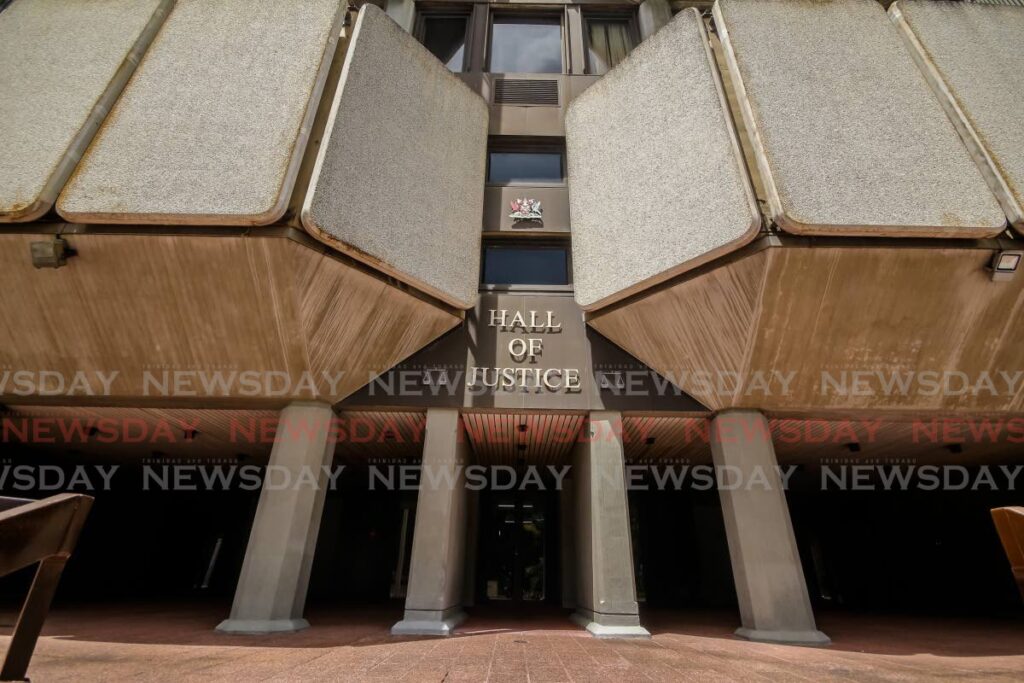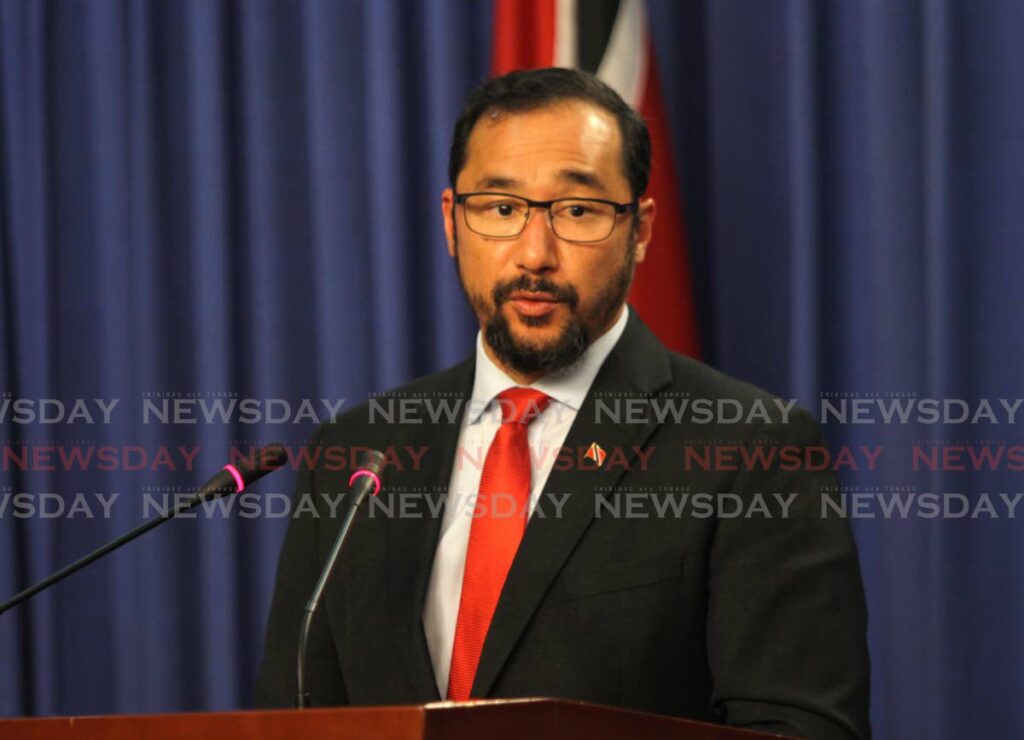Ramsaran Dairy founder complains to Central Bank, IMF, Auditor General on forex challenges
Written by Jada Loutoo on October 29, 2024

A local manufacturer has written to the Central Bank governor, the Auditor General, and the International Monetary Fund (IMF) complaining about the lack of information on the distribution of foreign exchange.
The letters, sent by a director of local beverage producer Ramsaran’s Dairy Products (RDP), were sent to the three entities on October 25.
The letters also follow a judicial review challenge over the inability to source foreign exchange to import paper-based cartons for a new water product.
Rajnanan Ramsaran, founder of RDP, complained that foreign exchange in Trinidad and Tobago was not equally distributed and had sent freedom of information requests for the policy surrounding the distribution of foreign exchange.
The issue of a scarcity of foreign exchange was raised on the weekend. Businessmen complained of problems importing essential food items, warning that a shortage in access to forex could soon lead to shortages in food.
In response, Finance Minister Colm Imbert said the special Eximbank window created to give businesses access to foreign exchange for essential imports during the covid19 is now under review. He said with covid19 now over, “we are reviewing the feasibility of that forex window.”
In his letter to Central Bank Governor Dr Alvin Hilaire, Ramsaran complained of the ministry’s response to his request for information.
Ramsaran said he was told the documents could not be supplied because they “do not exist.”
He asked for documents relating to forex allocation policies, monitoring and reporting mechanisms, audit reports, historical data, total foreign exchange allocations to commercial banks from 2015 to 2023 and the actions of the Central Bank in response to customers denied forex.
“I believe the information must exist since it is critical to ensure compliance with legislation, develop policies to increase economic growth and calculate our GDP.”
He added, “Would we not need this information to comply with IMF reporting requirements?”
Ramsaran told Hilaire in 2014, the Central Bank released US$200 million and another US$50 million to authorised dealers in the financial system and questioned if the monitoring data did not qualify as the information he wanted.
“Is it that such data was not kept from 2015 onwards and that is why the Ministry of Finance is now saying the requested information does not exist?”
He referred to past releases from the Central Bank, saying it demonstrated that “substantial foreign exchange transactions” occur regularly and comprehensive records are maintained.
Ramsaran said if “fundamental records” on monitoring of forex were absent, it would contradict the bank’s commitment to oversight and stability in the forex market.
He called on the governor to clarify the bank’s position on the existence of the information he has asked for and why the data is not being kept.
In his letter to the Auditor General, Ramsaran said it was “evident that systemic issues persist” in record-keeping and transparency practices.
He said the situation warranted the Auditor General’s immediate investigation “as it undermines both local governance frameworks, such as the Exchequer and Audit Act, and international obligations.”
“If these documents indeed do not exist, it would suggest a severe failure in corporate governance and accountability, which threatens the country’s compliance with IMF standards and other international financial obligations.
“I urge you to investigate this matter thoroughly, as the consequences of such administrative failures could be profound, not only for businesses like mine but for the country’s economic reputation on the global stage.”
In his letter to the IMF’s managing director, Ramsaran said he was compelled to raise his concerns about the ministry’s response to his FOI request.
“Currently there is an extreme shortage of forex at the detriment of the business community.”
Ramsaran said, “As a member of the International Monetary Fund (IMF), Trinidad and Tobago is obligated to uphold principles of good governance, transparency, and economic management.
“The ministry’s response indicates a failure to meet these obligations, potentially breaching IMF reporting requirements.”
He called on the IMF to intervene.
He also said, “From my perspective, there appears to be an unfair distribution of what little forex that is available with no equality nor equitability among the business community and by extension the citizenship of Trinidad and Tobago.
“…The Ministry of Finance’s assertion that the requested documents do not exist raises serious concerns about the governance framework and the corporate responsibility within TT’s public financial institutions.”

Attorney Richard Jaggasar –
Ramsaran asked the IMF’s managing director to confirm if TT has been in full compliance with the fund’s regulatory framework, particularly on the proper management of forex.
“These are not obscure or specialised requests but rather essential records that any well-managed financial institution or government ought to have readily available.
“The absence of such documentation points to systemic governance failures that threaten both domestic financial stability and the country’s international standing.”
Attorney Richard Jaggasar represents Ramsaran.
The post Ramsaran Dairy founder complains to Central Bank, IMF, Auditor General on forex challenges appeared first on Trinidad and Tobago Newsday.




